“When you wake up, you see the morning begin, most nights you go back to your home, it’s dark, and you see the stars. You are constantly in nature and experiencing it.” Under the Upstate New York stars lies a calm Hidden Pastures Goat Dairy farm. But as soon as the morning sun breaks, so does the quiet.

Swaddled by the Adirondack Mountains and the Tug Hill Plateau, the farm’s pastures are dotted with 170 sweet goats and thousands of marigold daisies. Four years ago, Blake Place and her husband Andrew bought the charming goat farm, “I’ve always known that we were going to farm. If you grow up with it in your blood, it stays there. There’s an intrinsic factor about it.” Pursuing their dreams, both Blake and Andrew completed Animal Science degrees at Cornell University. Now, their radiant family, with three children, ages six, four, and one, have gardened a farm that has grown into something much more.
“It’s just us. We started it, we created it,” said Blake.
Their little farm was doing well: they sold the majority of their milk to creameries around the tristate area. The young kids spent their days caring to goat babies. And, after some tinkering in the kitchen, Blake began selling her own goat milk gelato in 2018, created with their own fresh milk from the farm, drawing in college students and local families. The years of work to build the milkhouse, parlor, and cultivate their farm was harvesting their dreams.
However, just like many other small farmers across the nation, the Covid-19 pandemic soiled their business model. “When coronavirus hit and restaurants closed down, there was no space in homes for delicacies like goat milk gelato and goat cheese,” Blake explained. “Those were the first things to go.” For the first six weeks of the pandemic, all of their distribution creameries shut down. Blake and her husband would dump 95% of the 100 gallons of goat milk they produced each day. “It was like a punch in the gut.” They still had to pay all of their bills, feed their animals and children, and maintain their farm, yet they had no choice but to destroy everything they produced.
For a few weeks amid the pandemic, they sold milk to food banks around the Fingerling Lakes through a new creamery. This creamery kept Blake and Andrew afloat for a little while, but then their funds ran out as well. To try and preserve some of their milk, Andrew and Blake decided to start bottling their goat milk for later distribution. Blake discovered that goat milk, unlike many baby formulas, is the most easily digestible milk by babies. However, they still had nowhere to send these bottles.
Blake found out about FarmLink through the grapevine of chatting with “different folks” at local food banks. Connecting coast to coast, Blake originally talked with a FarmLink student from California. Together, we found two organizations eager to receive Blake and Andrew’s bottled goat milk that would go on to serve hundreds of people in her region.
In a perfect link, North Country Prenatal Perinatal Council (NCPPC) received and used 300 quarts of Blake’s milk as baby formula. The NCPPC services women and young families, and with the help of Hidden Pastures Goat Dairy Farm and FarmLink, they could distribute the products to women and children in need.
Mercy Church received the remaining 150 quarts of milk. Mercy Church will distribute the goat milk at their bi-weekly soup kitchens that feed hundreds of people in the upstate area. “I’m just so happy that we worked out a way to get this milk back to the people instead of dumping it.”
In the midst of global crisis, Hidden Pastures Goat Dairy found a way to give back to the people in their community. “FarmLink has had a very positive impact on our farm,” notes Blake. On a small, quiet farm buried in the mountains, three kids, a married duo, and 170 goats changed the course of a disrupted supply chain
< Back
“When you wake up, you see the morning begin, most nights you go back to your home, it’s dark, and you see the stars. You are constantly in nature and experiencing it.” Under the Upstate New York stars lies a calm Hidden Pastures Goat Dairy farm. But as soon as the morning sun breaks, so does the quiet.

Swaddled by the Adirondack Mountains and the Tug Hill Plateau, the farm’s pastures are dotted with 170 sweet goats and thousands of marigold daisies. Four years ago, Blake Place and her husband Andrew bought the charming goat farm, “I’ve always known that we were going to farm. If you grow up with it in your blood, it stays there. There’s an intrinsic factor about it.” Pursuing their dreams, both Blake and Andrew completed Animal Science degrees at Cornell University. Now, their radiant family, with three children, ages six, four, and one, have gardened a farm that has grown into something much more.
“It’s just us. We started it, we created it,” said Blake.
Their little farm was doing well: they sold the majority of their milk to creameries around the tristate area. The young kids spent their days caring to goat babies. And, after some tinkering in the kitchen, Blake began selling her own goat milk gelato in 2018, created with their own fresh milk from the farm, drawing in college students and local families. The years of work to build the milkhouse, parlor, and cultivate their farm was harvesting their dreams.
However, just like many other small farmers across the nation, the Covid-19 pandemic soiled their business model. “When coronavirus hit and restaurants closed down, there was no space in homes for delicacies like goat milk gelato and goat cheese,” Blake explained. “Those were the first things to go.” For the first six weeks of the pandemic, all of their distribution creameries shut down. Blake and her husband would dump 95% of the 100 gallons of goat milk they produced each day. “It was like a punch in the gut.” They still had to pay all of their bills, feed their animals and children, and maintain their farm, yet they had no choice but to destroy everything they produced.
For a few weeks amid the pandemic, they sold milk to food banks around the Fingerling Lakes through a new creamery. This creamery kept Blake and Andrew afloat for a little while, but then their funds ran out as well. To try and preserve some of their milk, Andrew and Blake decided to start bottling their goat milk for later distribution. Blake discovered that goat milk, unlike many baby formulas, is the most easily digestible milk by babies. However, they still had nowhere to send these bottles.
Blake found out about FarmLink through the grapevine of chatting with “different folks” at local food banks. Connecting coast to coast, Blake originally talked with a FarmLink student from California. Together, we found two organizations eager to receive Blake and Andrew’s bottled goat milk that would go on to serve hundreds of people in her region.
In a perfect link, North Country Prenatal Perinatal Council (NCPPC) received and used 300 quarts of Blake’s milk as baby formula. The NCPPC services women and young families, and with the help of Hidden Pastures Goat Dairy Farm and FarmLink, they could distribute the products to women and children in need.
Mercy Church received the remaining 150 quarts of milk. Mercy Church will distribute the goat milk at their bi-weekly soup kitchens that feed hundreds of people in the upstate area. “I’m just so happy that we worked out a way to get this milk back to the people instead of dumping it.”
In the midst of global crisis, Hidden Pastures Goat Dairy found a way to give back to the people in their community. “FarmLink has had a very positive impact on our farm,” notes Blake. On a small, quiet farm buried in the mountains, three kids, a married duo, and 170 goats changed the course of a disrupted supply chain
Blake Place
Goat Farm Owner
“When you wake up, you see the morning begin, most nights you go back to your home, it’s dark, and you see the stars. You are constantly in nature and experiencing it.” Under the Upstate New York stars lies a calm Hidden Pastures Goat Dairy farm. But as soon as the morning sun breaks, so does the quiet.

Swaddled by the Adirondack Mountains and the Tug Hill Plateau, the farm’s pastures are dotted with 170 sweet goats and thousands of marigold daisies. Four years ago, Blake Place and her husband Andrew bought the charming goat farm, “I’ve always known that we were going to farm. If you grow up with it in your blood, it stays there. There’s an intrinsic factor about it.” Pursuing their dreams, both Blake and Andrew completed Animal Science degrees at Cornell University. Now, their radiant family, with three children, ages six, four, and one, have gardened a farm that has grown into something much more.
“It’s just us. We started it, we created it,” said Blake.
Their little farm was doing well: they sold the majority of their milk to creameries around the tristate area. The young kids spent their days caring to goat babies. And, after some tinkering in the kitchen, Blake began selling her own goat milk gelato in 2018, created with their own fresh milk from the farm, drawing in college students and local families. The years of work to build the milkhouse, parlor, and cultivate their farm was harvesting their dreams.
However, just like many other small farmers across the nation, the Covid-19 pandemic soiled their business model. “When coronavirus hit and restaurants closed down, there was no space in homes for delicacies like goat milk gelato and goat cheese,” Blake explained. “Those were the first things to go.” For the first six weeks of the pandemic, all of their distribution creameries shut down. Blake and her husband would dump 95% of the 100 gallons of goat milk they produced each day. “It was like a punch in the gut.” They still had to pay all of their bills, feed their animals and children, and maintain their farm, yet they had no choice but to destroy everything they produced.
For a few weeks amid the pandemic, they sold milk to food banks around the Fingerling Lakes through a new creamery. This creamery kept Blake and Andrew afloat for a little while, but then their funds ran out as well. To try and preserve some of their milk, Andrew and Blake decided to start bottling their goat milk for later distribution. Blake discovered that goat milk, unlike many baby formulas, is the most easily digestible milk by babies. However, they still had nowhere to send these bottles.
Blake found out about FarmLink through the grapevine of chatting with “different folks” at local food banks. Connecting coast to coast, Blake originally talked with a FarmLink student from California. Together, we found two organizations eager to receive Blake and Andrew’s bottled goat milk that would go on to serve hundreds of people in her region.
In a perfect link, North Country Prenatal Perinatal Council (NCPPC) received and used 300 quarts of Blake’s milk as baby formula. The NCPPC services women and young families, and with the help of Hidden Pastures Goat Dairy Farm and FarmLink, they could distribute the products to women and children in need.
Mercy Church received the remaining 150 quarts of milk. Mercy Church will distribute the goat milk at their bi-weekly soup kitchens that feed hundreds of people in the upstate area. “I’m just so happy that we worked out a way to get this milk back to the people instead of dumping it.”
In the midst of global crisis, Hidden Pastures Goat Dairy found a way to give back to the people in their community. “FarmLink has had a very positive impact on our farm,” notes Blake. On a small, quiet farm buried in the mountains, three kids, a married duo, and 170 goats changed the course of a disrupted supply chain
.png)

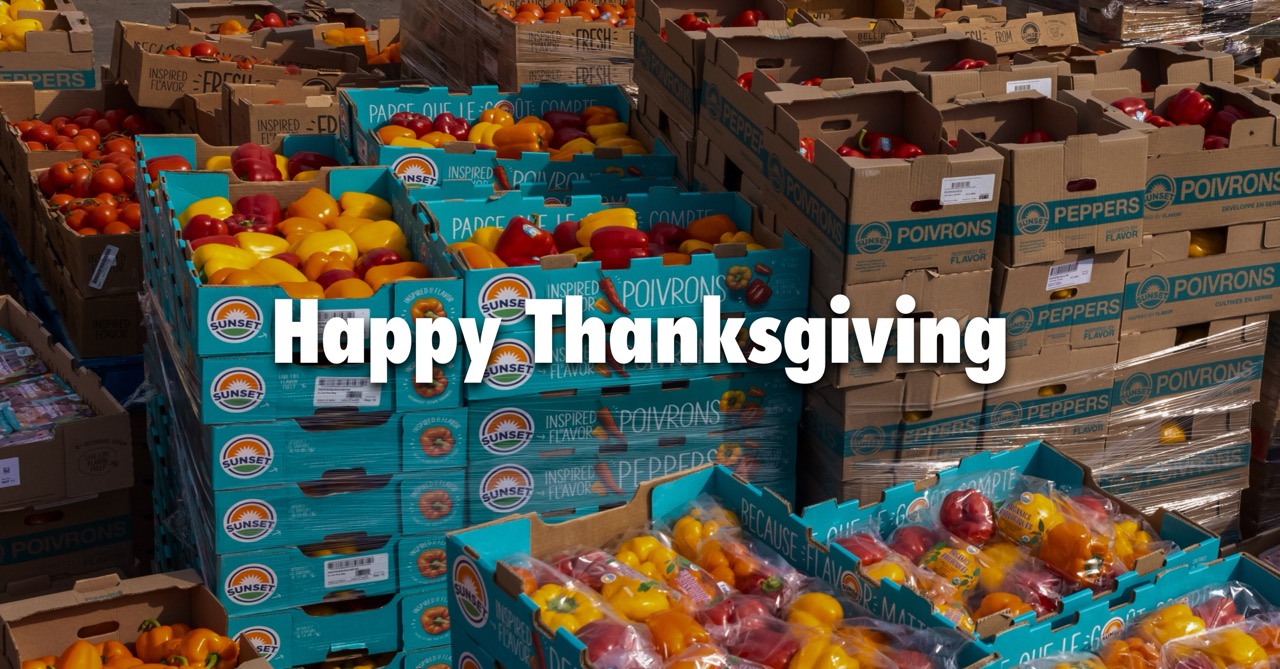
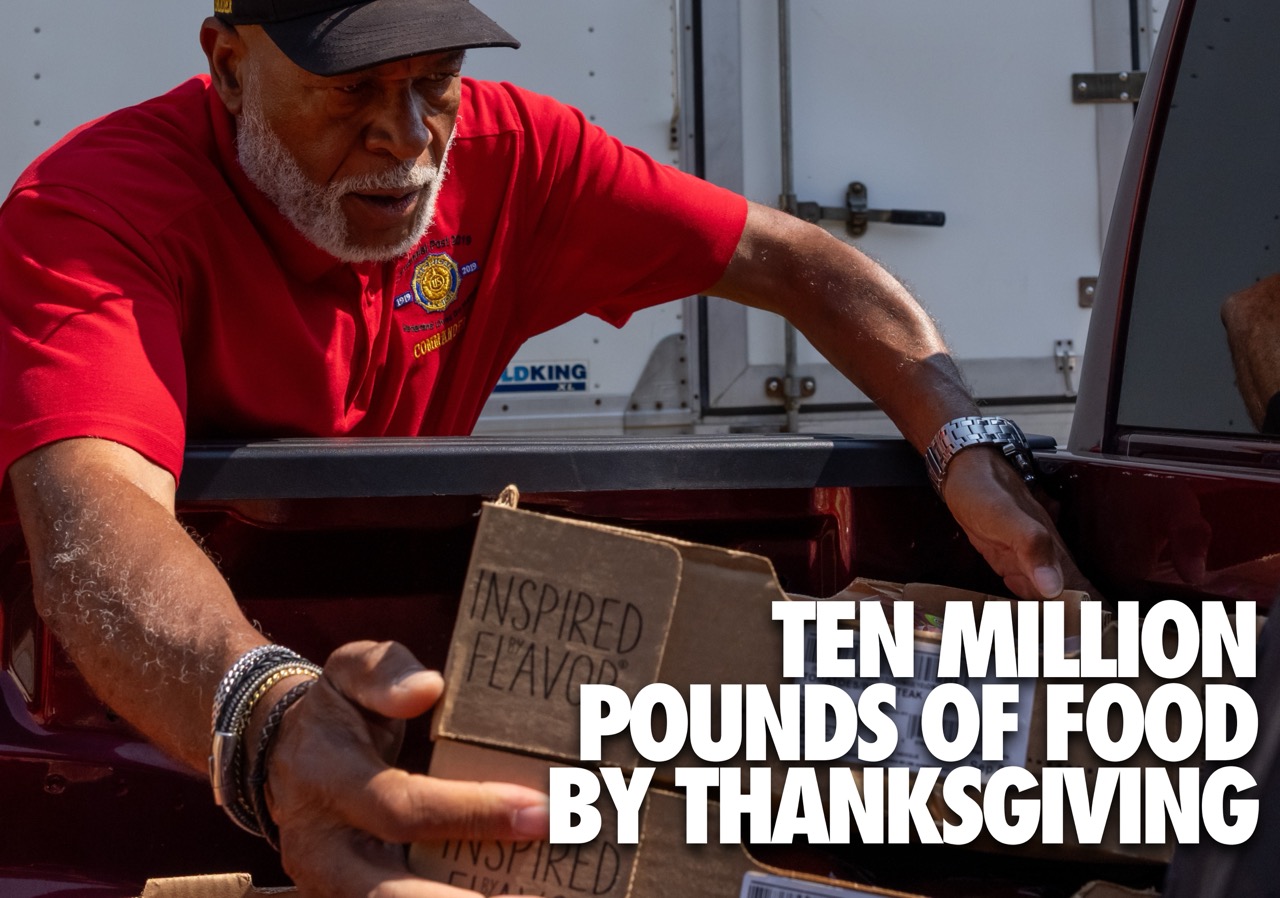
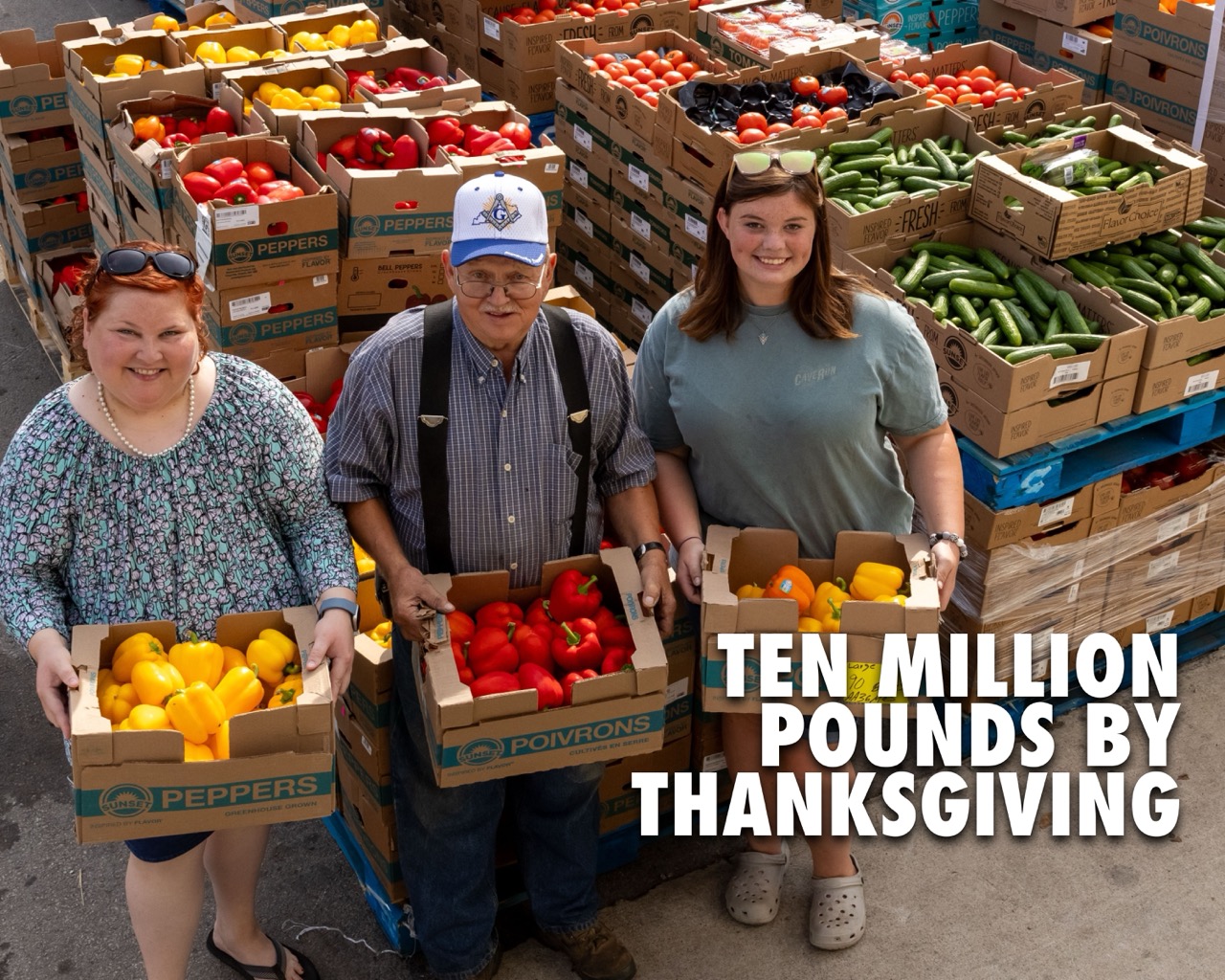
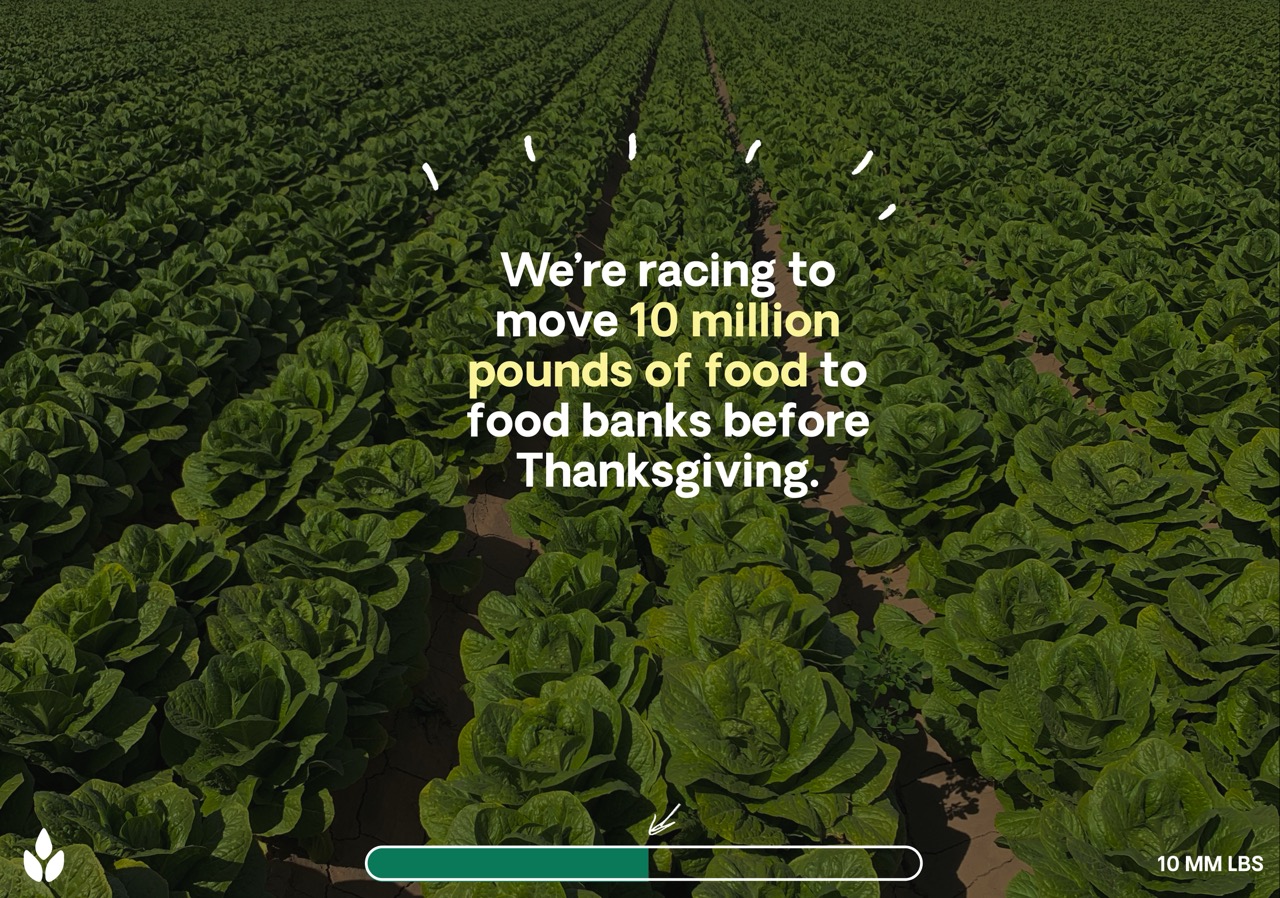
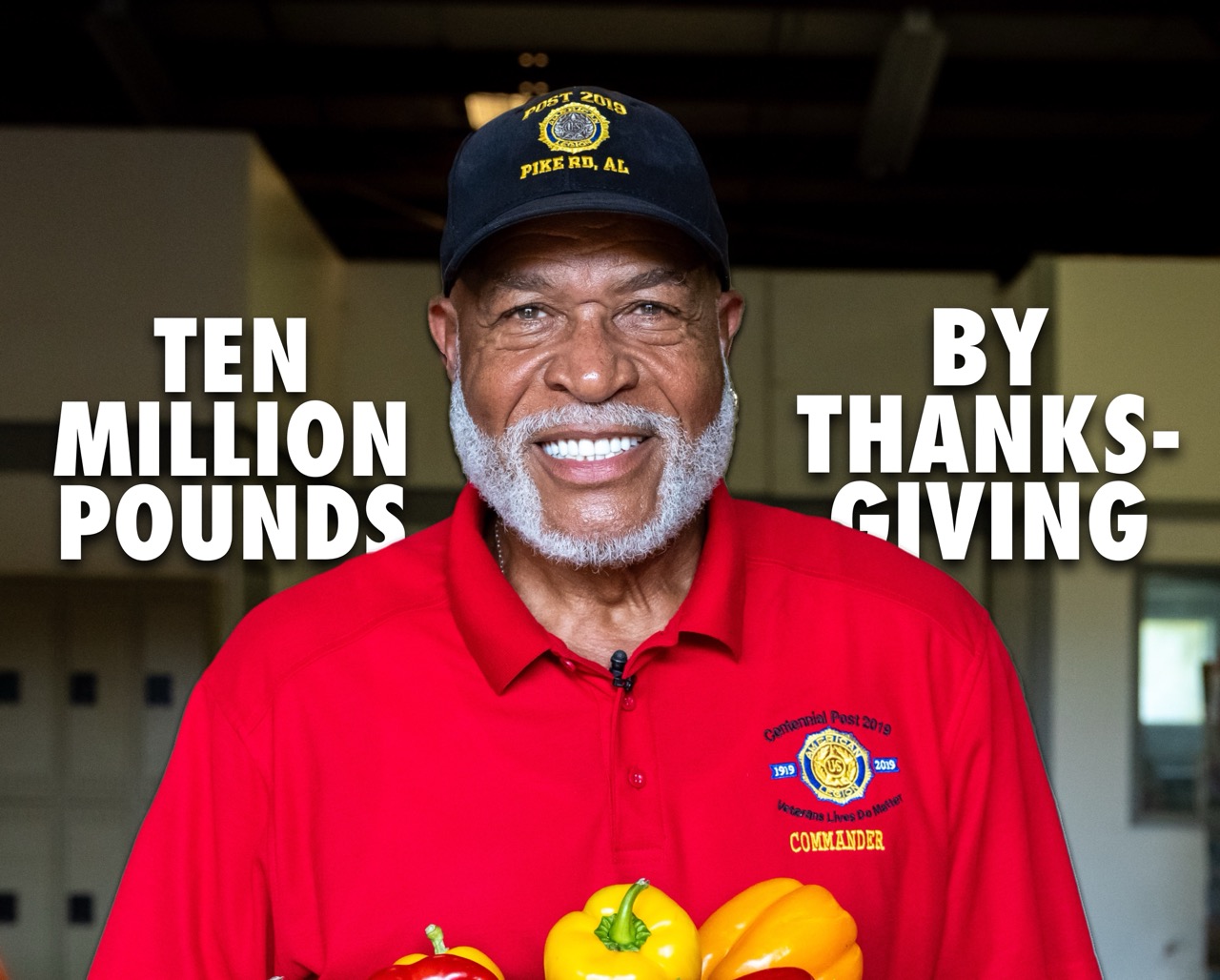
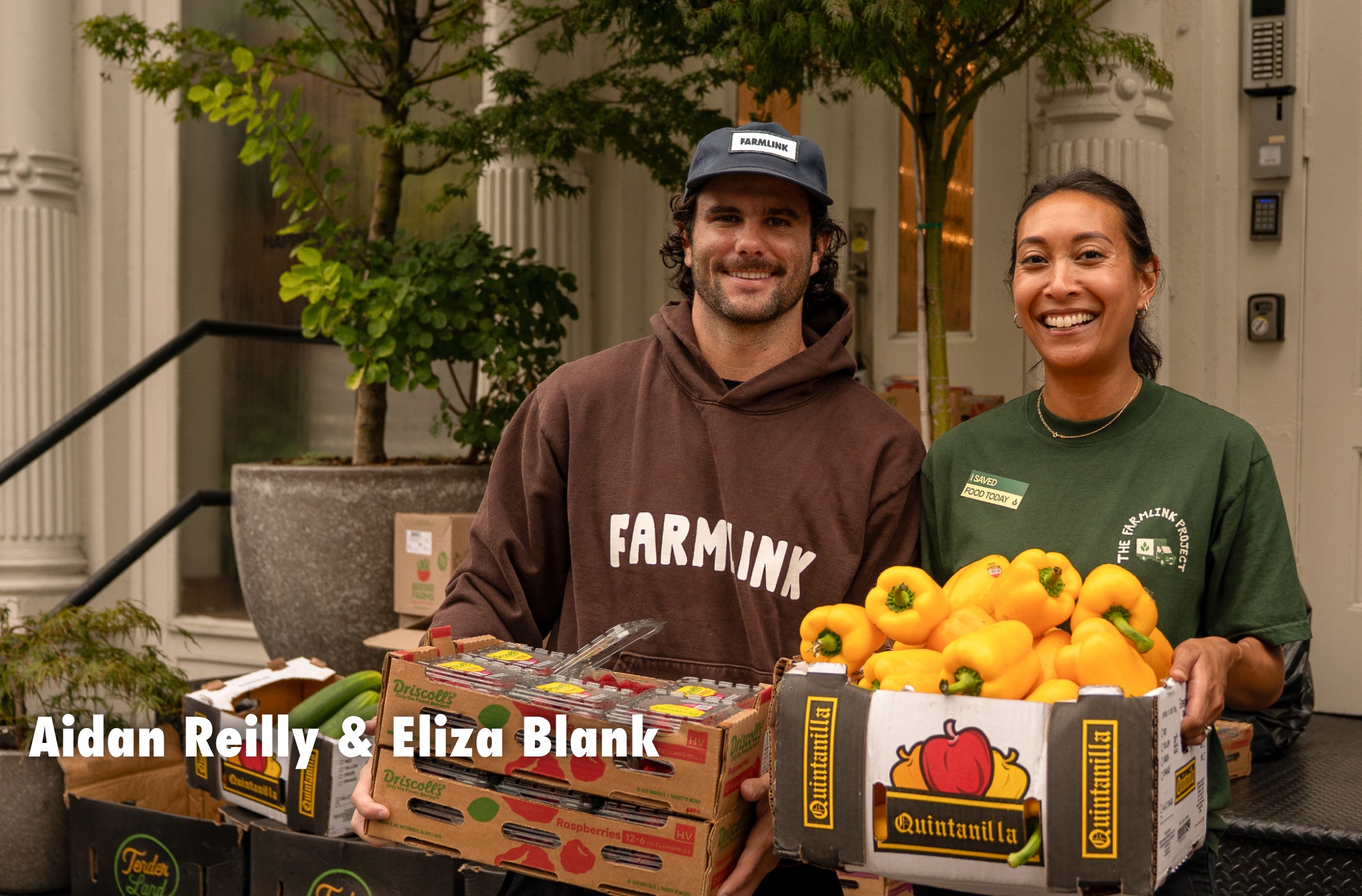
.svg)
.svg)
.svg)